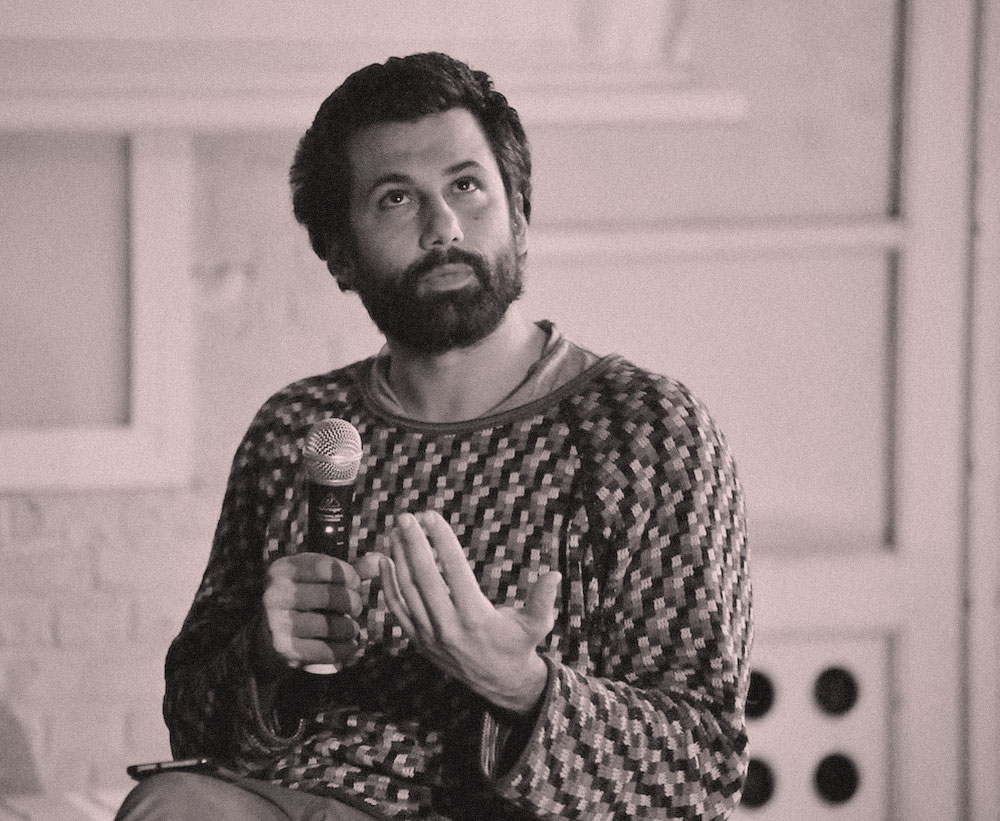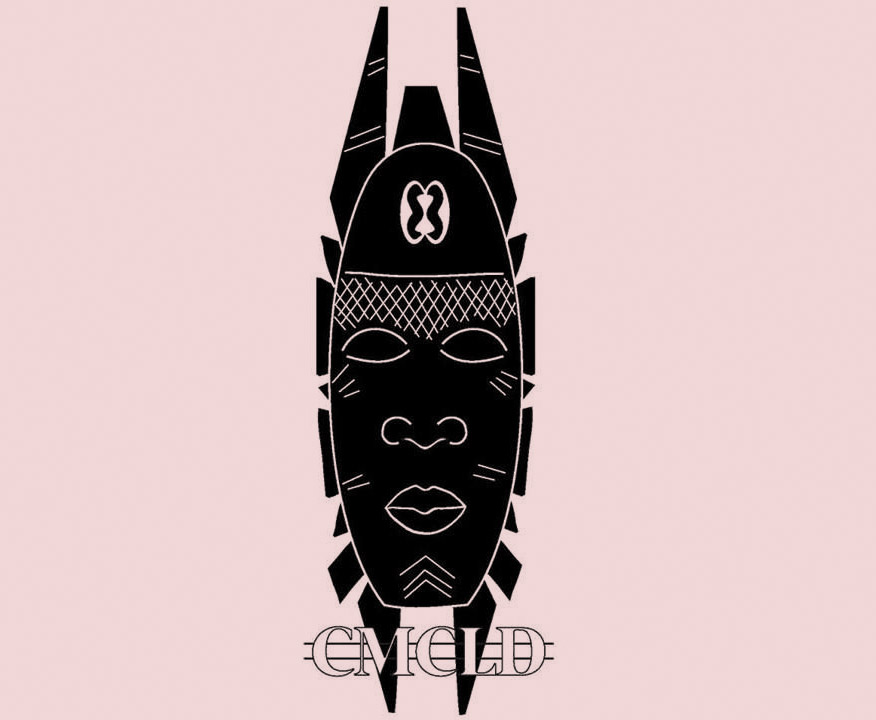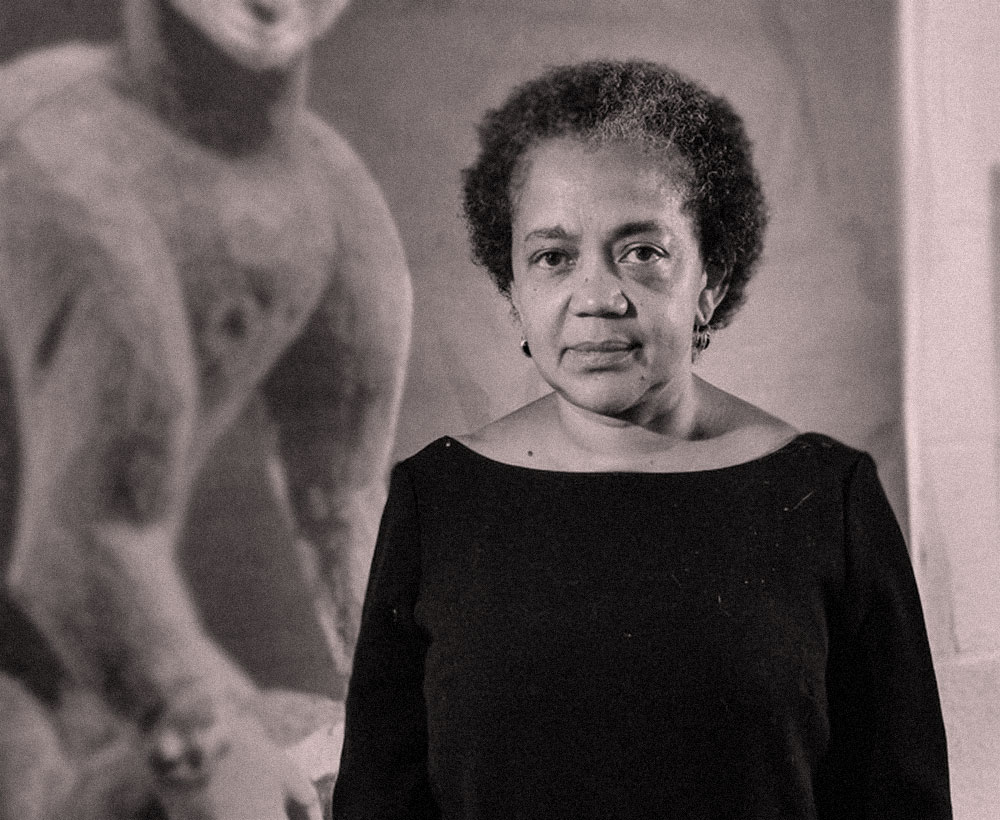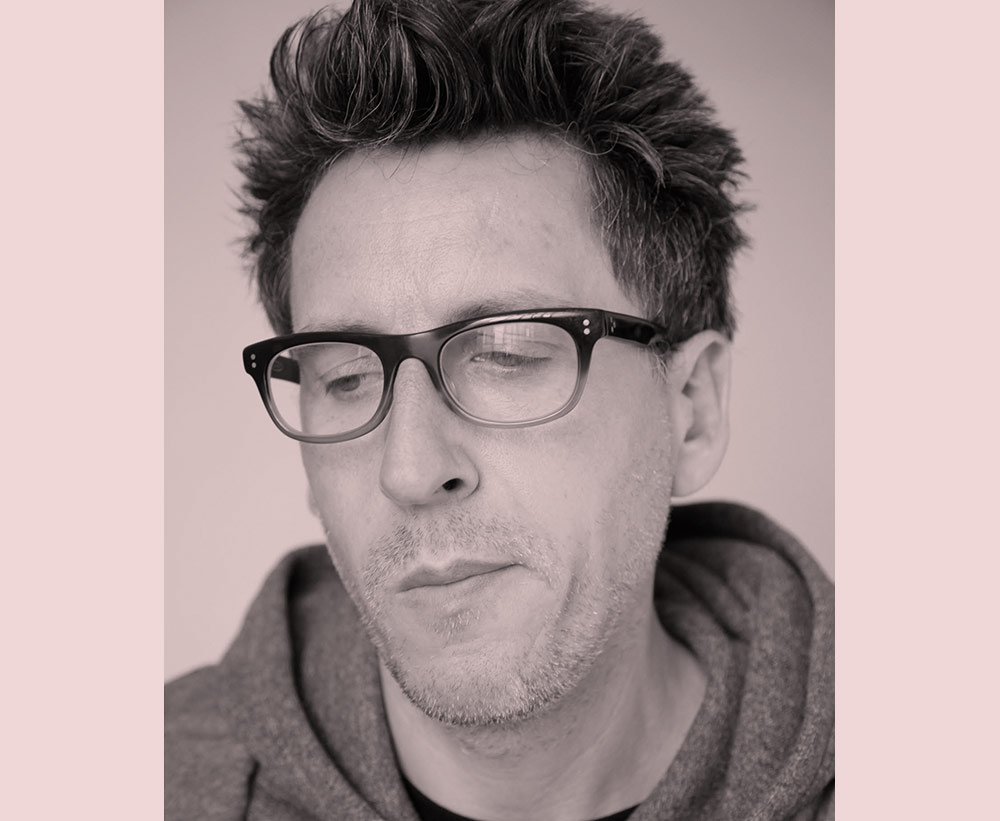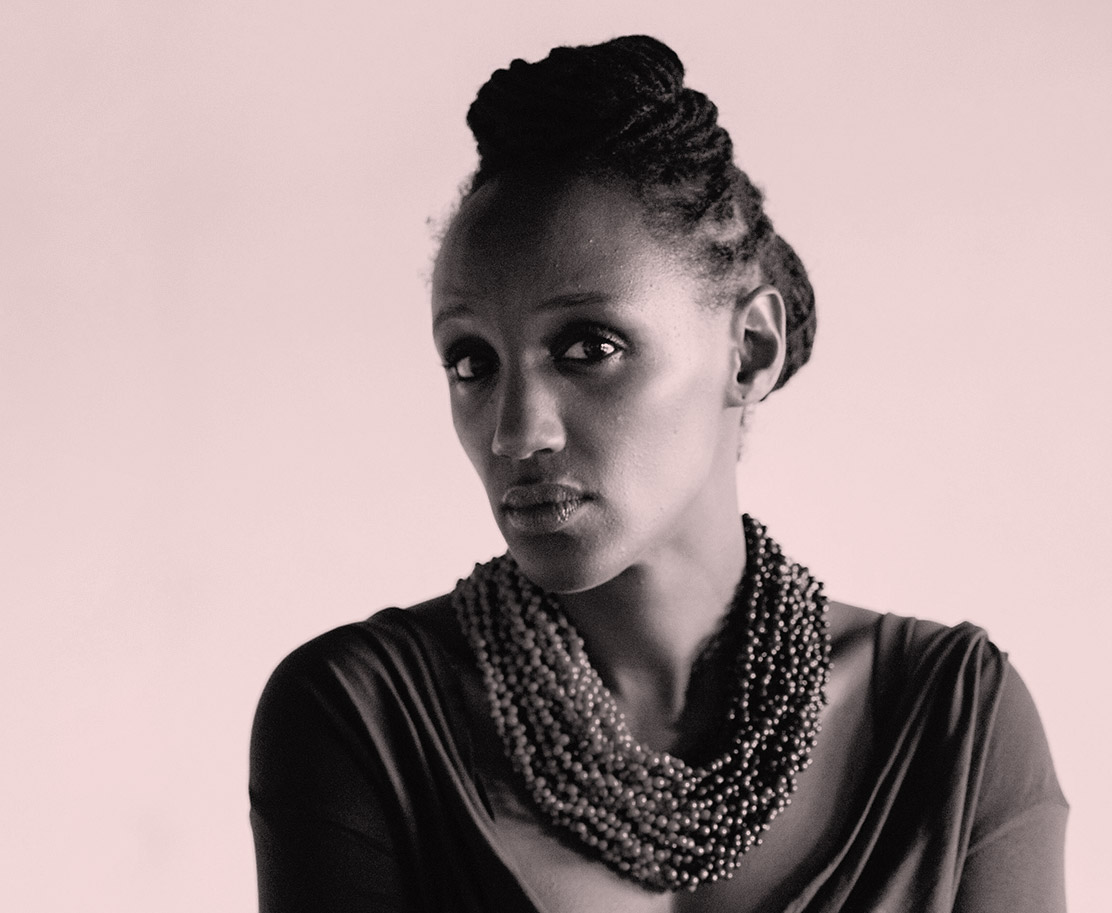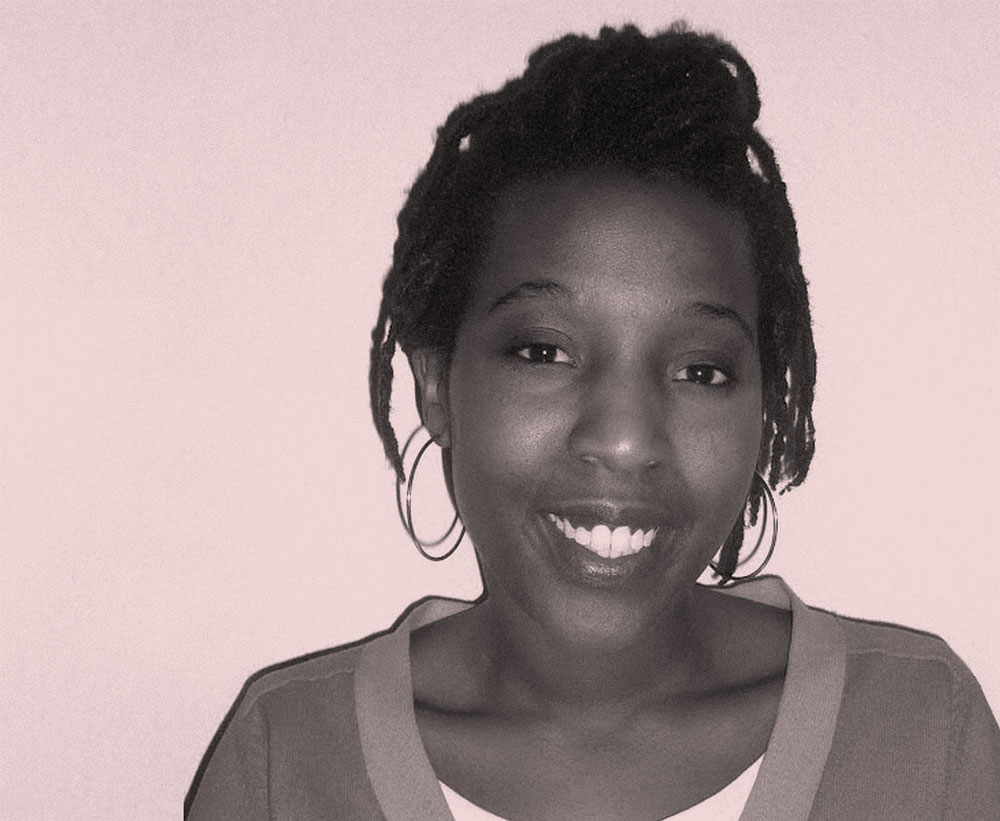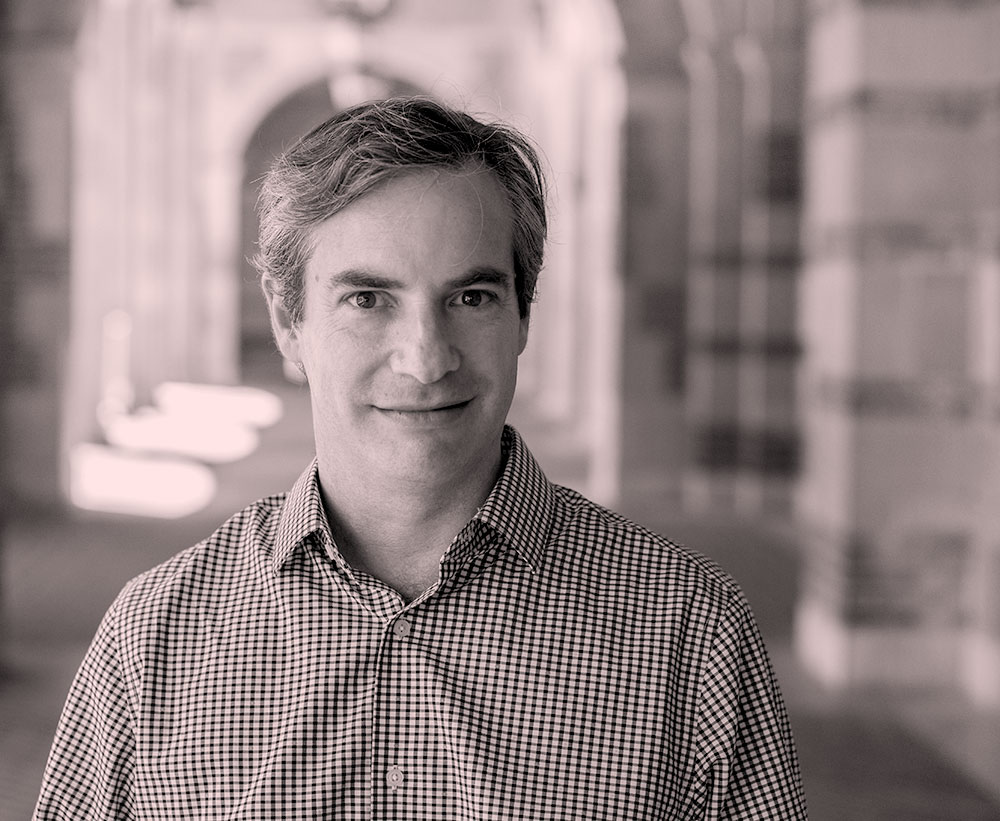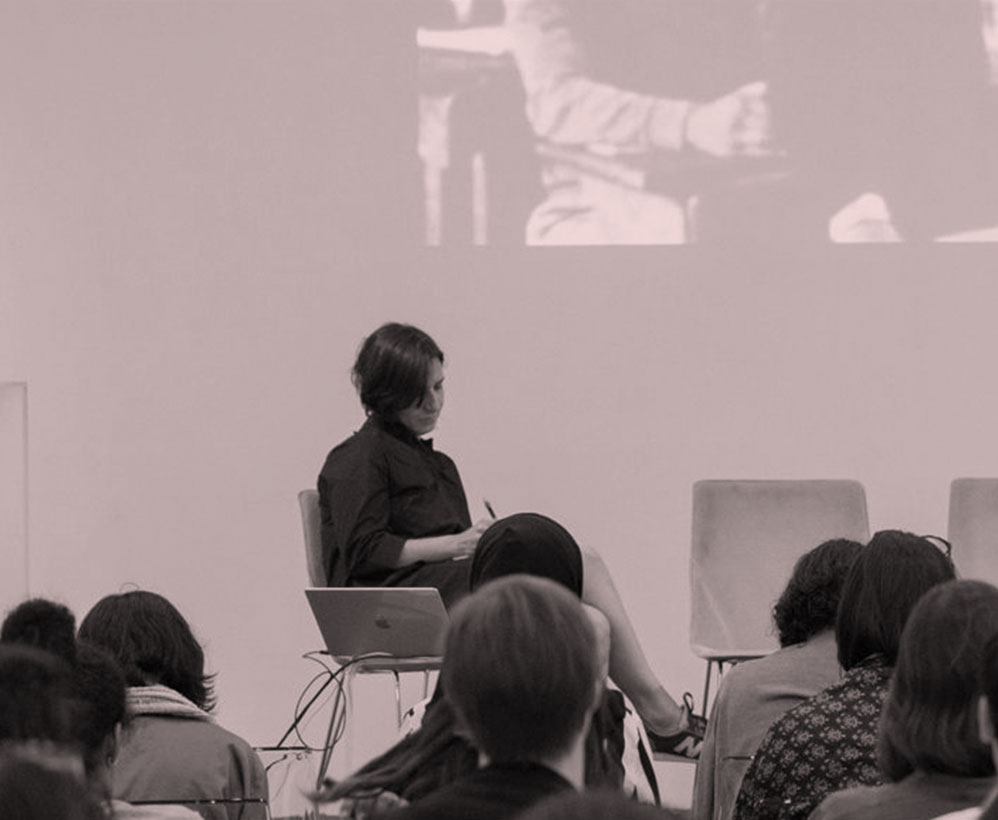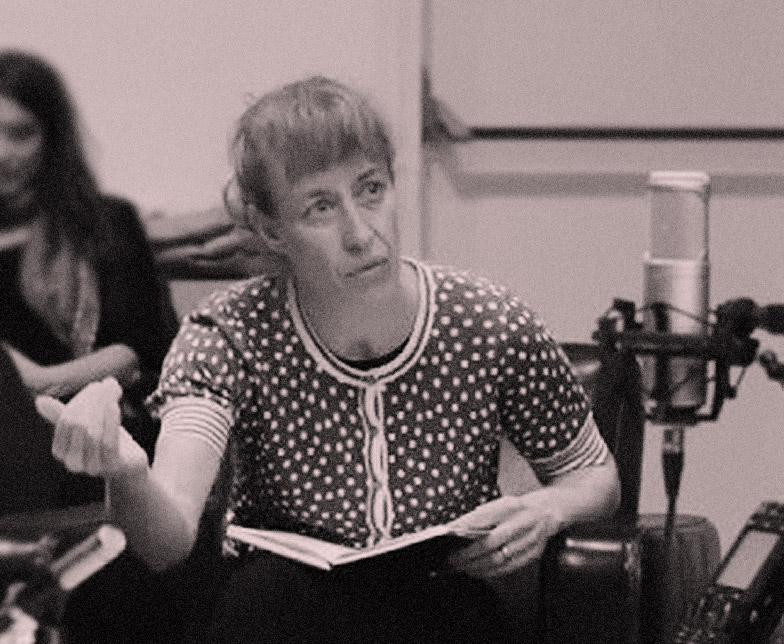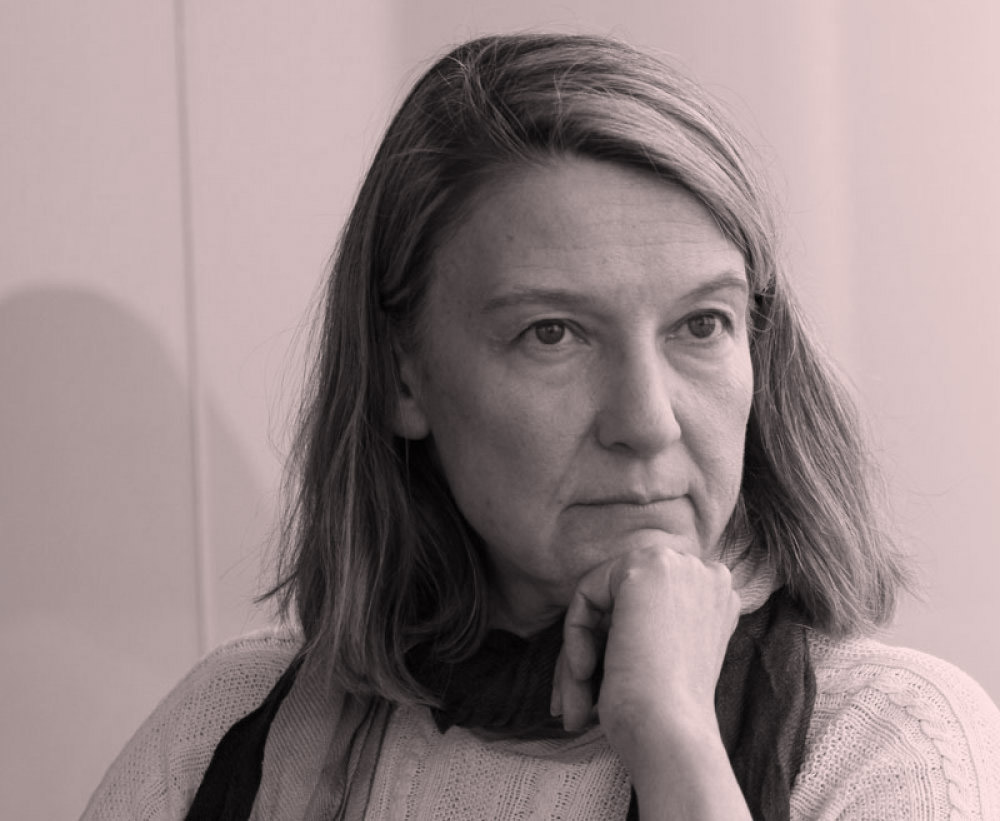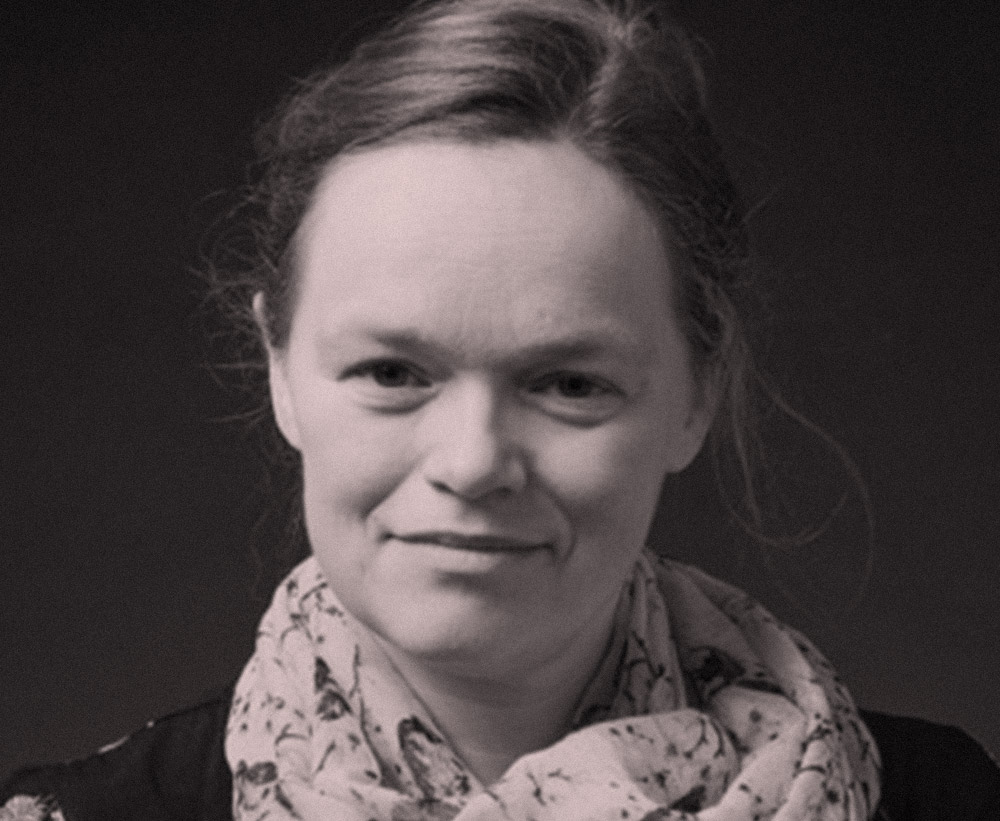A conversation between Reem Shilleh and Quinsy Gario, facilitated by Joachim Ben Yakoub
A growing number of visual artists in the global south return to the haunting present of the history of slavery, colonialism, anti-imperial struggle and decolonization by excavating lost stories, images and soundbites, relating different unexpected subversive dots on the imperial world map. In this conversation facilitated by Joachim Ben Yakoub, Reem Shilleh and Quinsy Gario will reflect on traces of possible intimacies between Palestine, the Caribbean and their diasporic presence to elaborate on different understandings of the archive. Reem Shilleh will expand on her proposition of an imperfect archive in the context of Palestine: a non-uniform, anti-formal archive that has no place, body, or definition but instead is a collective practice that questions nationalism and statehood as the defining parameters for collective and shared memory. Following Gloria Wekker, Quinsy Gario mobilizes the notion of the Dutch-Caribbean cultural archive, to point to how an unacknowledged reservoir of knowledge and affects based on four hundred years of Dutch imperial rule plays a vital but unacknowledged part in dominant racialised meaning- making processes. Echoing the work of Edward Glissant, Joachim Ben Yakoub will join the conversation from his understanding of the archive, as traces of one world in relation. In the light of accelerated globalisation and planetary entanglements the archive can no longer just be apprehended as a mnemonic device, but functions as a lively discursive and material power formation that structures prevailing aesthetics, the presence and absence of certain political subjectivities and their living memories.

